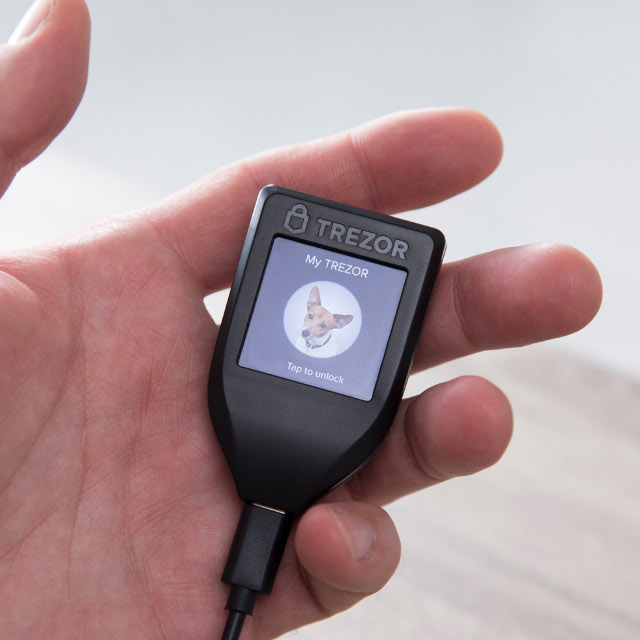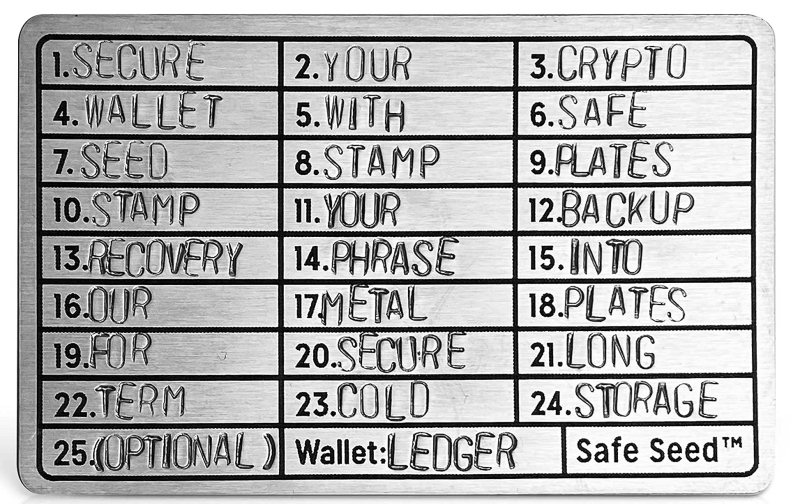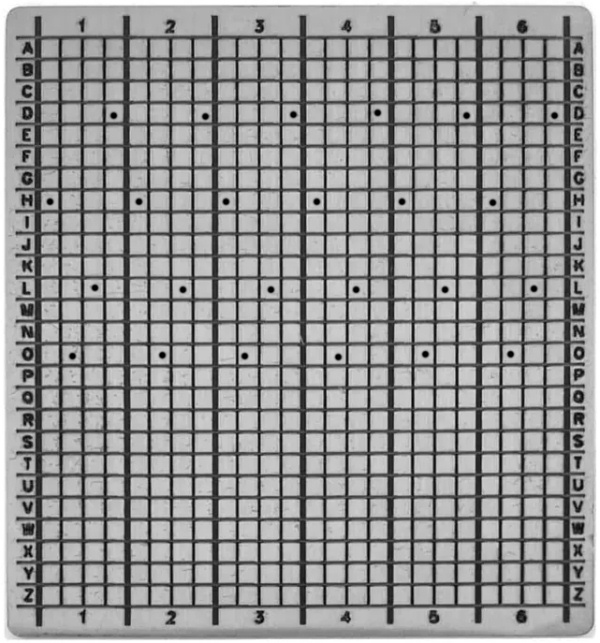If you are reading this article, it is likely that a loved one has died recently and you suspect that they may have held Bitcoins at the time of their passing. First of all, I would like to express my sympathies regarding your loss. Secondly, I will explain in this tutorial how you can find out if they had any Bitcoins at all.
So, what is Bitcoin exactly?
Bitcoin is a currency, like the US dollar or the Euro. That is, it can be used to buy or sell goods and it can be exchanged for other currencies. Bitcoin does have a few key differences that set it apart from traditional currencies, but for the purpose of this tutorial, you don’t need to understand all of them. However, you should know that:
- Bitcoin is first and foremost a digital currency. You need to be comfortable with technology.
- Bitcoin is decentralized. That is, it works without central authorities such as governments, banks or payment platforms. If anything goes wrong, you are often on your own.
- Bitcoin transactions are final. Reversals or chargebacks are impossible.
Since its release in 2009, Bitcoin has become more and more of a valuable currency. At the time of writing these lines, one Bitcoin was worth about $84,000 USD; and in January 2025, it reached an all-time high of about $105,000 USD. Note that you can have less than a Bitcoin; the smallest amount possible is 0.00000001 BTC.
How to find your loved one’s Bitcoins?
There is no one-size-fits-all solution as they are many ways to store Bitcoins. Ideally, your loved one would have left instructions on how to access them. If that’s not the case, all hope is not lost, but you will need to scour their belongings for information that may lead to their Bitcoins. You should be searching for:
- Wallet software
- Wallet files
- Physical wallets
- Private keys
- Seed phrases
- Exchange accounts
Wallet software
Many people store their Bitcoins in a software called a wallet. Thus, you should check your loved one’s electronic devices for the presence of such a software. They are many wallet software and it would be impossible to list them all; among the most popular ones, you have: MetaMask, Trust Wallet, Exodus, Electrum, Atomic Wallet, Phantom Wallet, Mycelium… Again, this list is not exhaustive by any means! Moreover, you should not limit your search to a certain type of electronic device; go through your loved one’s cell phones, tablets, desktop computers, laptops, etc.
When opened, the wallet software may give you straight-up access to your loved one’s Bitcoins. However, it more likely will ask you for a PIN or a password to unlock the funds. Some software will allow you to enter as many guesses as you want, but beware: some of them will permanently destroy the access to your loved one’s coins after too many unsuccessful guesses. Do your research before trying out PINs or passwords.
Wallet files
Wallet software usually store the information required to access one’s funds in something that’s called a wallet file. While it’s easier to search for the presence of a wallet software, you shouldn’t neglect checking for a wallet file, as it’s possible to have one but not the other. Wallet files can be found in electronic devices such as cell phones or computers, but they can also be found in storage devices such as HDDs, SSDs, USB keys, SD cards, CDs, DVDs, etc. Go through all of them!
Searching for wallet files is a tedious and error-prone process. For this reason, I recommend that you use my software Treasure Hunter. It will scan your electronic and storage devices and let you know if any wallet files have been found, and which wallet software is most likely needed to open them.
Physical wallets
Sometimes, the wallet software and file are combined into a physical device that is built specifically to deal with Bitcoins. These devices come in various shapes, but among the most popular, you have the Trezor, the Ledger, the Coldcard, the SafePal S1, the BitBox02, the Ellipal Titan and the Foundation Passport. As an example, here’s a picture of the Trezor :

Again, these devices come in various shapes, and your loved one’s may look very different. Be on the lookout for strange electronic devices you may have never seen before! Physical wallets are likely to be protected by a PIN or a password, and they often only allow you to enter a limited number of guesses before they permanently destroy the access to the coins. Tread carefully!
Private keys
A private key is a series of alphanumeric characters that give you access to someone’s Bitcoins. It can have various
forms, but it will usually start with 5, L or K and be comprised of 51 or 52 characters. Here are examples of
private keys:
5Kb8kLf9zgWQnogidDA76MzPL6TsZZY36hWXMssSzNydYXYB9KFL1aW4aubDFB7yfras2S1mN3bqg9nwySY8nkoLmJebSLD5BWv3ENZKzQhifVHanPvBmnqTjNnRSqKU64LLJfJXbEmdmxeTdX8jLKkhFMr
However, less common formats do exist, so don’t limit yourself to the examples above. If you find a series of alphanumeric characters that don’t seem to make any sense, you might have a private key in your hands!
Private keys can be stored virtually anywhere, whether digitally (like in a Word document) or physically (like on a piece of paper). They might also be encoded into a QR code instead of being stored character-by-character. In any case, private keys need to be entered into a wallet software if you wish to do something with the Bitcoins.
Seed phrases
A seed phrase is a set of words that look something like this:
casual fabric female banana stuff sudden salute crowd analyst ten today document
Typically, a seed phrase will contain 12, 18 or 24 words, though this is not universal. However, the seed phrase needs to be entered into a wallet software if you wish to do something with the Bitcoins. Ideally, this should be the same wallet software as the one that was used to generate the seed phrase, but this might not be possible. If you use a different software, you might be unable to access the coins, even with the correct seed phrase.
Much like private keys, seed phrases can be stored virtually anywhere, whether digitally (like in a Word document) or physically (like on a piece of paper). Sometimes, seed phrases are stored on pieces of metal, like this one:

That being said, they are not always so obvious. For instance, they can look like this:

It would be impractical to list all possible variations of these pieces of metal, but you can consult this website to get a sense of what they may look like.
Exchange accounts
Sometimes, people store their Bitcoins on an exchange instead of a wallet. Unlike with wallets, the people behind an exchange usually have access to your loved one’s Bitcoins and they can help you recover them. They are tons of exchanges on the Internet, and it would be impossible to list them all. Among the most popular, you have: Binance, Bybit, Coinbase, Upbit, OKX, Bitget, MEXC, Gate.io, KuCoin, Crypto.com, Bitfinex… The list goes on and on!
You can find out if your loved one had an exchange account by:
- Checking the URLs in their browser’s history and bookmarks.
- Checking financial accounts for money that might have been sent to an exchange.
- Checking for 2FA codes in applications like Authenticator.
Once you find such an account, you will need to contact the exchange to see how you can take over your loved one’s Bitcoins. Each exchange has its own process. For instance, as of writing these lines, Coinbase requests that you provide them with the documents below – but again, the process is going to vary for each exchange.
- A death certificate.
- Probate documents for the deceased’s estate.
- Photo identification of the person(s) named in the probate documents.
- A letter signed by the person(s) named in the probate documents directing Coinbase to transfer the assets to the specified account, including its associated email address.
My service: I can help you with your loved one’s Bitcoins
If the steps described above are too complicated or you need help figuring out the details of your exact situation, I offer a service where I help you access your loved one’s Bitcoins. I also help you sell them or transfer them somewhere else depending on what you want to do. I don’t charge any upfront, flat or hourly fee. I charge 5 to 15% of the recovered Bitcoins, and that’s if there’s anything to recover.